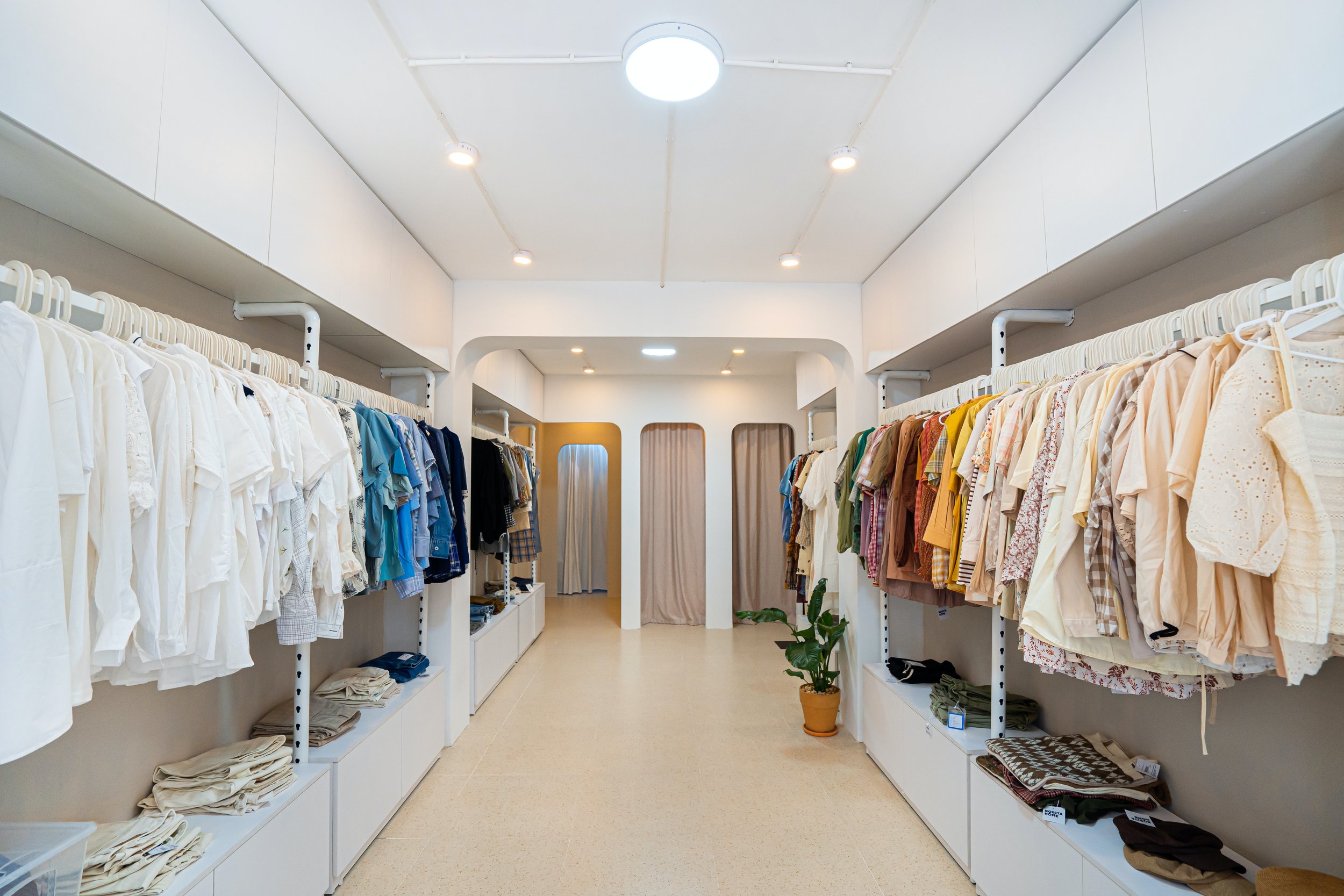In the fast-paced world of retail, where competition is fierce and consumer expectations are ever-evolving, businesses need to go beyond traditional approaches. One key aspect that has gained prominence in recent years is the implementation of effective retail design solutions. From global giants to local businesses, the strategic use of space, aesthetics, and technology can make a substantial difference in attracting and retaining customers.
Introduction
Definition of Retail Design Solutions
Retail design solutions encompass the strategic planning and implementation of physical and visual elements within a retail space to optimize the shopping experience. It goes beyond mere aesthetics, focusing on functionality, brand representation, and customer engagement.
Importance in the Modern Business Landscape
In an era where online shopping is prevalent, the role of brick-and-mortar stores is shifting. Retail design solutions play a crucial role in making physical spaces relevant and appealing, offering an immersive experience that online platforms can’t replicate.
Key Elements of Retail Design
Store Layout and Flow
The way a store is laid out significantly influences how customers navigate and interact with products. A well-thought-out layout enhances the overall shopping experience.
Visual Merchandising
Visual merchandising involves the presentation of products in a way that captures attention and encourages purchases. It’s a blend of art and science that guides customers through the store.
Lighting and Atmosphere
The ambiance of a store, created through lighting and overall atmosphere, contributes to the emotional experience of customers. Lighting can highlight products and create a welcoming environment.
Technology Integration
From interactive displays to augmented reality, integrating technology into retail spaces enhances engagement and provides a modern, innovative feel.
The Impact on Customer Experience
Creating Memorable Experiences
Retail design solutions have the power to transform a shopping trip into a memorable experience. Whether through unique displays or interactive elements, customers remember and share their positive experiences.
Enhancing Brand Perception
The physical manifestation of a brand within a store contributes to brand perception. Consistent design elements help reinforce brand identity and values.
Increasing Customer Engagement
Engaged customers are more likely to make purchases and become loyal patrons. Retail design solutions that encourage interaction and exploration contribute to heightened engagement.
Trends in Retail Design
Sustainability in Design
As environmental consciousness grows, sustainable design practices are becoming integral to retail spaces. From eco-friendly materials to energy-efficient lighting, businesses are embracing green solutions.
Digital Integration
The boundary between online and offline shopping is blurring. Retail design trends involve seamlessly integrating digital elements, such as interactive displays and virtual try-on experiences.
Personalization Strategies
Customers appreciate a personalized experience. Retail design solutions are incorporating data-driven approaches to create personalized shopping journeys, enhancing customer satisfaction.

